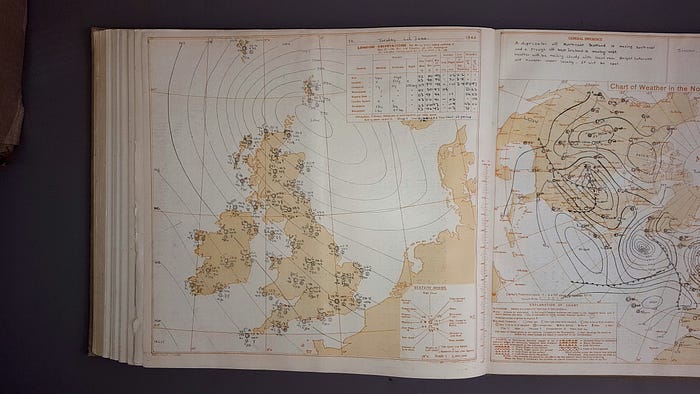Impact of Brexit on Food Prices: A Closer Look
Written on
Brexit and Its Implications on Food Pricing
The UK government has recently implemented new regulations and increased costs on certain food items, known as common user charges. This move has raised concerns among various trade organizations, indicating that consumers may face substantial price hikes as the government rolls out post-Brexit import charges on food products from the EU.
Brexit refers to the United Kingdom's departure from the European Union on January 31, 2020, marking the end of over 40 years of membership. The new taxes imposed on EU food imports aim to fund border security measures while protecting UK farmers and agriculture from potential diseases.
According to the Department for Environment, Food and Rural Affairs, fees can reach up to £145, approximately $181 (USD), and are slated to take effect on April 30.
Numerous trade associations have voiced their discontent with this initiative. William Bain, head of trade policy at the British Chambers of Commerce, labeled the decision as "extremely disappointing," asserting that the government has ignored industry feedback.
> "The level of import charges shows scant regard to the interests of both businesses and consumers," Bain stated. "A flat rate fee for most animal and plant products entering the UK is a severe setback for small and medium-sized importers. It also raises serious concerns for retailers, cafes, and restaurants."
Phil Pluck, the chief executive of the Cold Chain Federation, which represents businesses dealing with perishable items, remarked,
> "This is in no way helpful to UK-based importers and the entire EU supply chain. It underscores the government's careless approach to a crucial sector of the UK economy."
Barnes further added,
> "These charges will certainly escalate costs, potentially limit consumer options, and increase the chances of empty shelves, which could hinder biodiversity and our national environmental objectives."
The introduction of this bill has been postponed five times since the UK's exit from the EU, and its recent implementation has sparked considerable debate. Despite the backlash, the UK government stated,
> "The charge is intended to recoup the expenses of operating our world-class border facilities, where essential biosecurity checks will safeguard our food supply, farmers, and the environment against costly disease outbreaks entering the UK via the short straits. We are dedicated to assisting businesses of all sizes as they adjust to new border checks while ensuring a smooth flow of imported goods."
In conclusion, the UK government has announced a £145 (or $181) tax on a variety of food imports from the EU, aiming to bolster border security and protect agriculture from harmful diseases.
Thank you for engaging with this economic analysis. If you found this article informative and wish to show your support, please consider following Inuka Tatton: Author of Global Insights Network, and subscribe for more content. Remember to STAY INFORMED!!!
Chapter 1: The New Import Charges

Section 1.1: Understanding Brexit's Context
Brexit has fundamentally altered the UK's relationship with the EU, leading to significant changes in trade regulations and food import costs.
The first video titled "What impact is Brexit having on importing food?" discusses the ramifications of Brexit on food imports, providing insights into the ongoing situation.
Section 1.2: Trade Group Reactions
Trade organizations have expressed serious concerns over the new import charges, emphasizing the potential negative effects on businesses and consumers.
The second video, "New Brexit Food Costs for Nothing," explores the implications of these new costs and the reactions from various sectors affected by the changes.